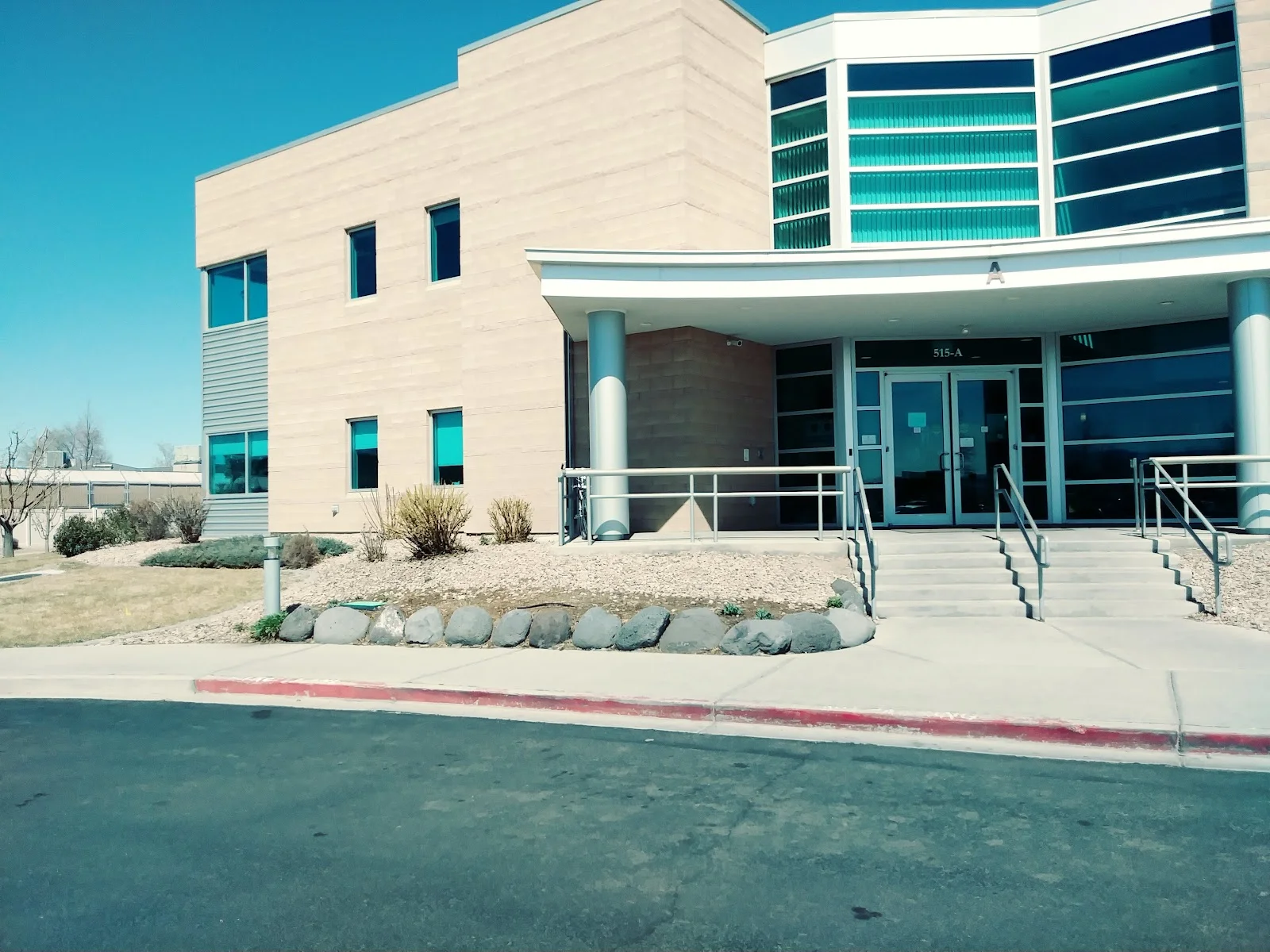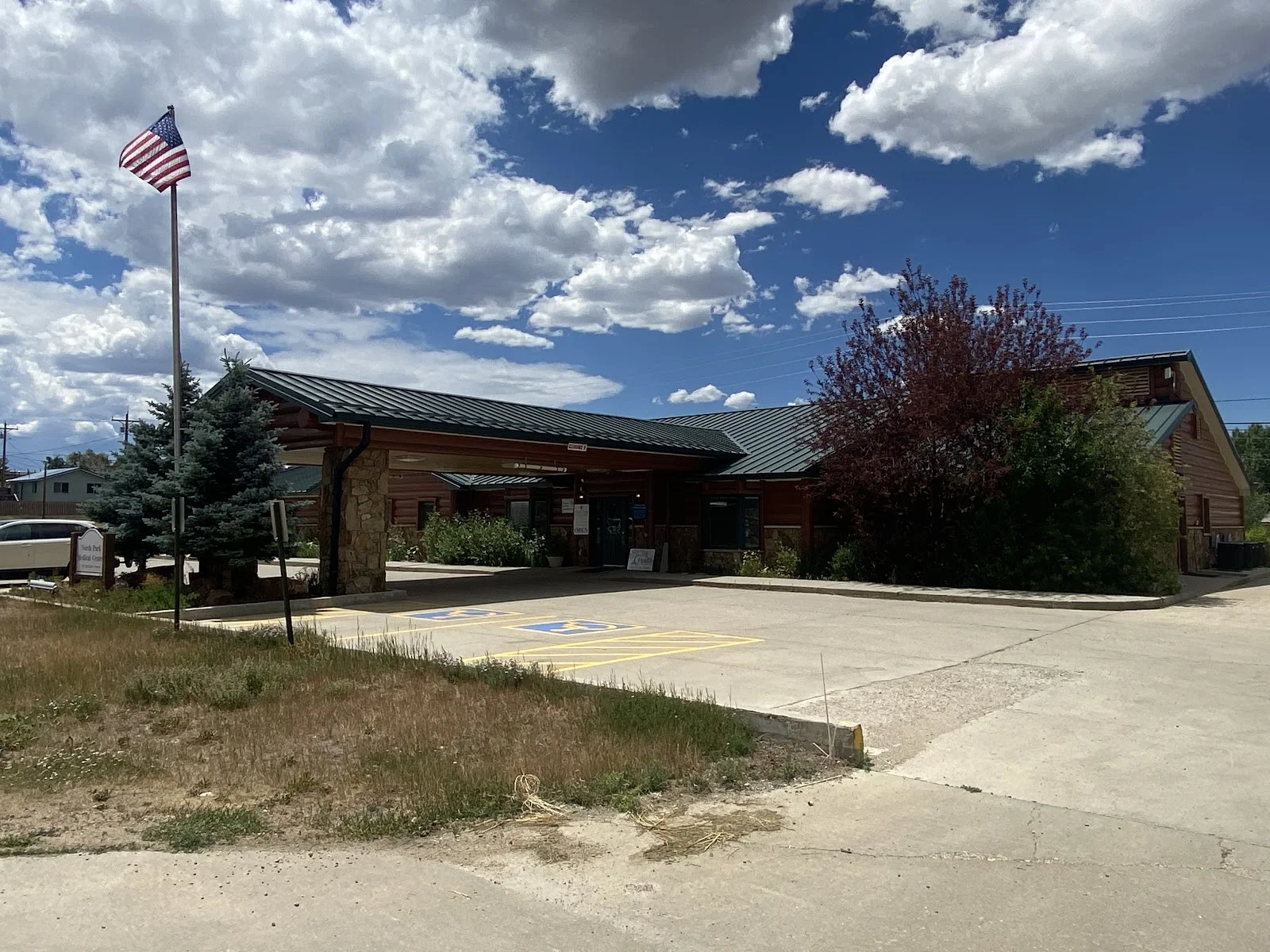Located in the Western Slope of Colorado, Mind Springs Health is the largest behavioral health provider in the area, providing a comprehensive array of remedies for substance use disorders and mental health. The facility offers services that are inclusive and customized to meet the diverse requirements of the community, including the treatment of addiction, melancholy, and anxiety. Detoxification, inpatient care, outpatient programs, intensive outpatient programs, partial hospitalization, aftercare services, and sober living/halfway houses are among the key programs that provide flexible support for individuals at different phases of recovery.
Cognitive Behavioral Therapy (CBT), activity therapy, aggression management, assertive community treatment, and trauma-informed care are among the treatment modalities offered at Mind Springs Health. The facility's dedication to the Western Slope community is underscored by its provision of specialized programs for trauma rehabilitation and first responders. Mind Springs Health, which is accredited by The Joint Commission, maintains high standards of care and accepts a diverse array of private insurance plans to guarantee that mental health support is accessible throughout the region.
Mind Springs Health Information
Treatment
Who We Treat
- Children
- Teens / Adolescents
- Young Adults (18–25)
- Adults
- Seniors/Older Adults
- Adolescents
- Older Adults
- Male and Female
- LGBTQ+
- Veterans
Approaches
- Family Therapy
- Group Therapy
- Cognitive Behavioral Therapy (CBT)
- Dialectical Behavior Therapy (DBT)
- 1-on-1 Counseling
- Nutrition Counseling
- Online Therapy
- Life Skills Training
Conditions We Treat
- Post Traumatic Stress Disorder (PTSD)
- Trauma
- Eating Disorders
- Co-Occurring Disorders
Substances We Treat
- Chronic Relapse
Languages
- English
Aftercare
- Outpatient Treatment
- Intensive Outpatient Program
- Employment Counseling
- Continuing Care
- Employment/Vocational Counseling
- Support Meetings
Level of Care
- Outpatient
- Co-Occurring Mental Health
- Aftercare/Continuing Care
Experience
Smoking and Vaping Policy
- Smoking Not Allowed
- Vaping Not Allowed
Additional Locations
Mind Springs Health Accepts The Following Insurance Plans
Find the best treatment options. Call our free and confidential helpline today!













